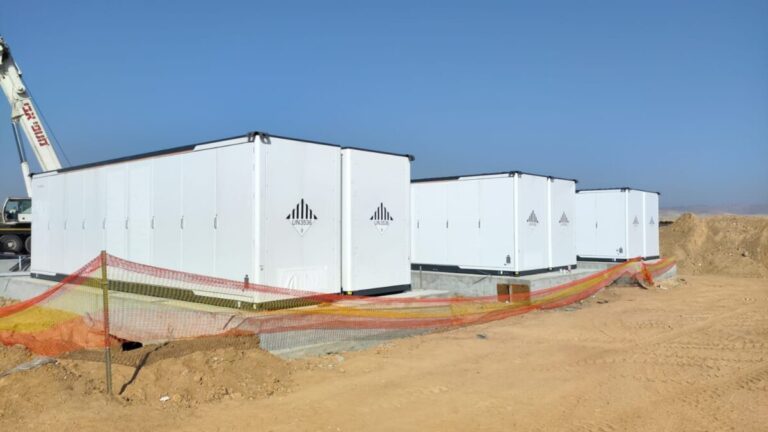The conditions are in place for the country’s battery energy storage market to grow at a compound annual growth rate (CAGR) of 20% to 30%, as Holu Solar’s Sophia Costa explained.
By ESS news
Brazilian energy suppliers raised the red flag in September 2024, signaling a rise in electricity costs as thermal power plants started up to offset the drop in hydroelectric production due to water shortages.
With global battery prices falling by 85% between 2010 and 2018 – and further since – Brazilian electricity users in households, businesses and industrial sectors are finding energy storage systems increasingly attractive.
Sophia Costa, head of new business at Holu Solar, said market analysts expect Brazil’s lithium battery sector to grow at a CAGR of 20% to 30% through 2030.
“We have found that the battery energy storage systems (BESS) market is booming globally, with the use of lithium-ion batteries becoming a reality in many parts of the world,” said Costa. “Currently, it is estimated that more than 2 million battery energy storage systems are already being installed in homes, mainly in countries such as the United States, Germany and Australia. It was only a matter of time before this technology arrived in Brazil. In the coming years, both Brazilian homes and businesses will widely adopt these systems, driven by the quest for greater energy security, sustainability and independence from traditional electricity grids.”
This trend is confirmed by a recent study by the International Energy Agency, which predicted that the volume of battery storage installed worldwide will increase from 200 GW in 2023 to more than 1 TW in 2030, and almost 5 TW in 2050.
Holu’s Costa observed that batteries were prominently featured at the Intersolar South America trade show held in São Paulo in late August 2024. She added that hundreds of manufacturers are bringing energy storage products to Brazil.
The drop in battery prices, Costa said, means consumers can look to them as a hedge against energy inflation, rather than simply as a backup power option.
“Energy security is one of the most important benefits, avoiding financial losses due to interruptions in power supply,” said Costa. “For businesses, especially those that rely on continuous power, such as shops, restaurants and markets, batteries ensure that operations are not paralyzed, avoiding significant losses such as the deterioration of refrigerated product inventories.”
To read further, visit our ESS news website.
This content is copyrighted and may not be reused. If you would like to collaborate with us and reuse some of our content, please contact: editors@pv-magazine.com.


